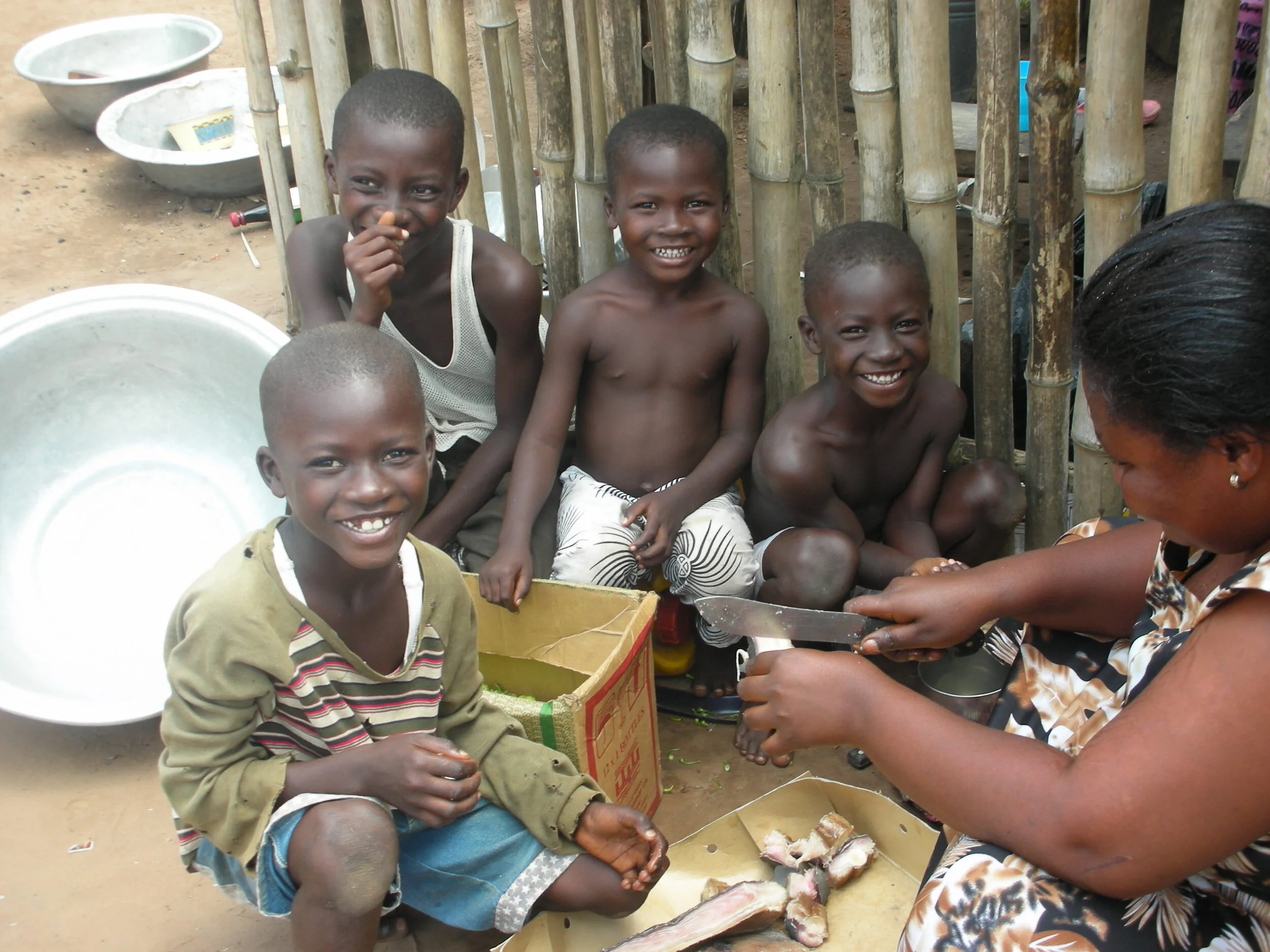The impact of accessibility to clean water on traditional lifestyle & mortality rates in the Samsam villages, Ghana
Inadequate water, sanitation and hygiene account for 4% of global deaths and 5.7% of global diseases. 1.4 billion people lack access to safe drinking water and 2.9 billion people do not have access to adequate sanitation.
Unsafe drinking water accounted for 3.5 million people becoming infected with Guinea worm in 1986. Today, Guinea worm remains a common waterborne parasite. Larvae grow as long as 3 feet inside the human body. After a year, the worm emerges through a painful blister in the skin, causing long-term suffering and sometimes crippling after-effects, in addition to economic lose. The worms cause swelling and painful, burning blisters. To soothe the burning, sufferers tend to go into the water, where the blisters burst, allowing the worm to emerge and release a new generation of millions of larvae. In turn, Guinea worms are consumed by other people when drinking such unsafe water.
Moreover, unsanitary disposal of animal and human feces put people at risk of diarrhoeal pathogens, a fatal disease. Although diarrheal diseases are among the most highly manageable epidemics in the developed world, the lives of 16.3 million people in developing countries, 3 million of which were children under the age of 5years old, were claimed in 1993.
63 households in Samsam, Ghana were surveyed regarding 5 main sections: demographics, water related human behavior patterns, environmental implications, water related time management, health status, and risk awareness. Results suggest significant relationships between traditional lifestyle practices and environmental pollution and health status. Latrines use is rare. Furthermore, children who do not breastfeed and whose primary or secondary water source is drawn from the local pond are at a significantly higher risk of Guinea worm infestation and diarrhea symptoms compared with children whose water source is wells. Furthermore, illegal hunting and sanitarian food preparation are not common concerns.
Conservation Beyond Borders goals include increasing clean water accessibility and sanitation, which will result in decreased mortality rates of children under the age of five and increase environmental awareness.
Because both women and men share equal responsibilities, awareness and education programs should be tailored to them both genders and focus on fragile traditional lifestyle practices such as waste water management, hygiene and sanitation, environment concerns, and hunting practices.


